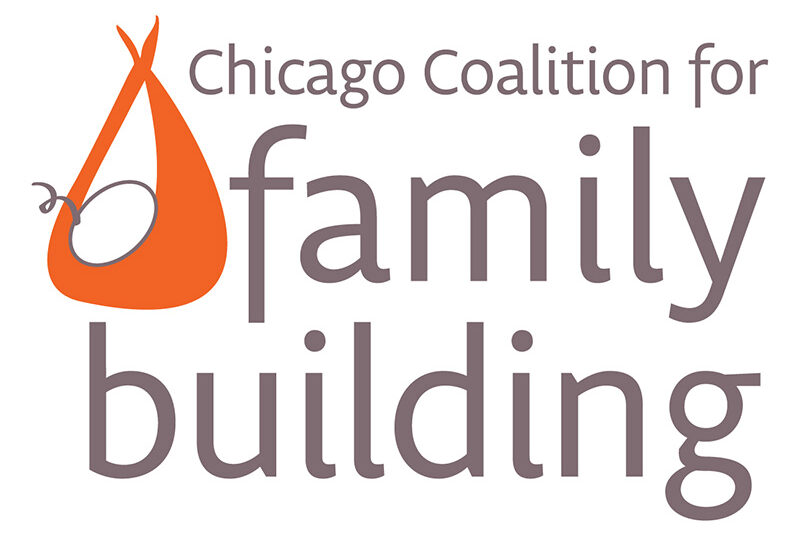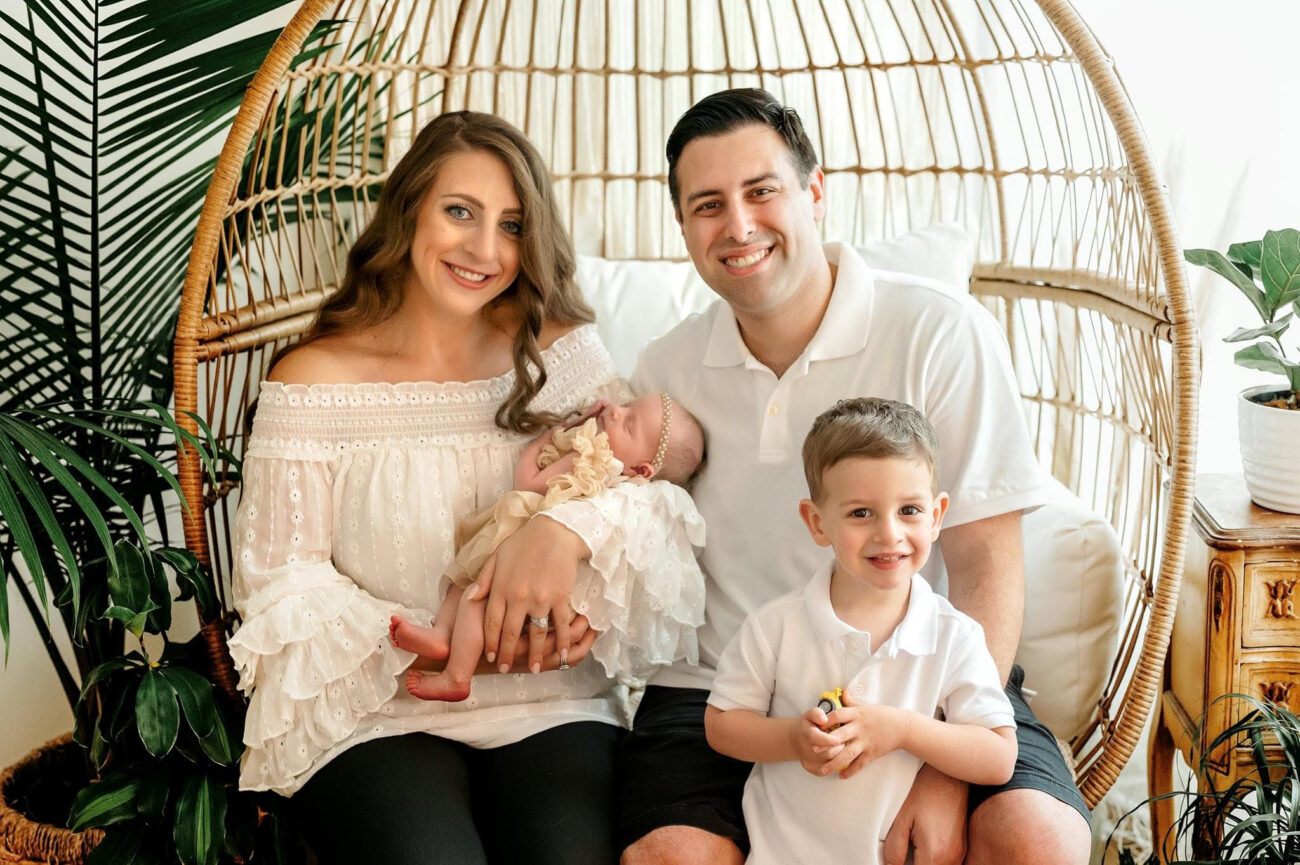News Coverage
JUF’s Path to Parenthood helps build Jewish families
Exploring a multitude of ways to build your family
"Our tradition puts emphasis on the first mitzvah in Torah: 'be fruitful and multiply,'" Rabbi Scott Gellman of Temple Sholom of Chicago said. "This is an absolutely beautiful and critical mitzvah for the Jewish people. It also sets up people who are struggling through infertility to feel further guilt."
So, what happens when it's not so easy to have a baby?
JUF's Path to Parenthood is helping make that path to parenthood a little easier. The program provides a safe Jewish space for hopeful parents. In partnership with JCFS Chicago, Path to Parenthood offers free educational webinars, support groups, and resources to local couples and individuals. It also awards financial grants of up to $10,000 for medical treatments and adoption expenses in conjunction with the Chicago Coalition for Family Building.
"We're truly grateful to our generous and inspirational donors who have championed this cause," said Paula Harris, JUF Associate Vice President of Community Outreach and Engagement.
This year's Path to Parenthood grant applications launch on April 24, which also marks the beginning of National Infertility Awareness Week, established to empower people in their journey and change the conversation around infertility. Grants are available to members of the Jewish community residing in the Illinois counties of Cook, Lake, DuPage, Will, McHenry, and Kane.
"Everyone who wants to become a parent should have the opportunity to be one," said Jill Smiley, MPH, Director of the Chicago Coalition for Family Building. "But data shows that the Jewish population is shrinking--and even 75 years after the Holocaust, we have not recovered in numbers. We have to work hard to keep the Jewish community thriving and expanding and that includes helping those who are infertile or interested in adopting to grow their families."
Six babies have been born from Path to Parenthood grants, according to Harris, since the program began in the fall of 2019.
"I help manage the recipients for the duration of their grant," Smiley said. "The most fun part of the process is calling a person or couple to tell them that they won a grant, but the best news of all is when our recipients achieve pregnancy."
"JUF's Path to Parenthood grant made it possible for us to start the family we dreamed of," said Gellman. He and his wife Ma'ayan Eckstein, a fourth-grade teacher, are now proud parents to a 10-month-old son, Yair.
"When you are struggling to build a family, you can feel absolutely out of control. You watch friends and family grow their families with ease all while you have no idea when your family will be whole," Gellman said.
Infertility affects one in eight couples, according to the CDC's National Survey of Family Growth (2006-2010). However, this statistic doesn't adequately capture all the patients trying to conceive, including single parents, same-sex couples, and those battling secondary infertility.
To apply for a Path to Parenthood grant, one partner needs to identify as Jewish. Applications are then assessed using medical, financial, and psychological criteria.
"We are inclusive because that's what the Jewish community looks like," Harris said.
The organization's message of inclusivity is helping to remove the unwarranted stigma often associated with infertility.
"There are so many of us suffering alone, and we don't need to," Eckstein said. "The Talmud teaches us that when a person visits one who is suffering, they take away one sixtieth of their pain. That's what it felt like when we talked with others who endured similar stories. That's what it felt like when people sat with us in our pain. And that's what it felt like when people weren't afraid to talk about the struggle of infertility."
In addition to financial grants, Path to Parenthood facilitates educational opportunities and support groups. This past fall, Rabbi Lisa S. Greene, of North Shore Congregation Israel in Glencoe, moderated a webinar about fertility preservation through egg freezing.
"I'm really happy to say that this is another Jewish way to create a family," Greene said. "For those who want to have children, we have learned that there are many options for everyone."
Using an online platform, Path to Parenthood can reach a wider audience. In March, the organization hosted a webinar about male infertility, and will offer a session on insurance coverage in May.
Path to Parenthood has tapped into the wealth of experts in Chicago in a variety of fields. Rabbinic leaders lend a supportive voice to the conversation.
"It's normalizing something that should've been normalized a long time ago," Greene said.
Path to Parenthood will host a webinar on navigating insurance coverage on May 16 from 7:30-8:30 p.m. Register at juf.org/everyconceivableway .
For more information and support, contact Pathtoparenthood@juf.org .

